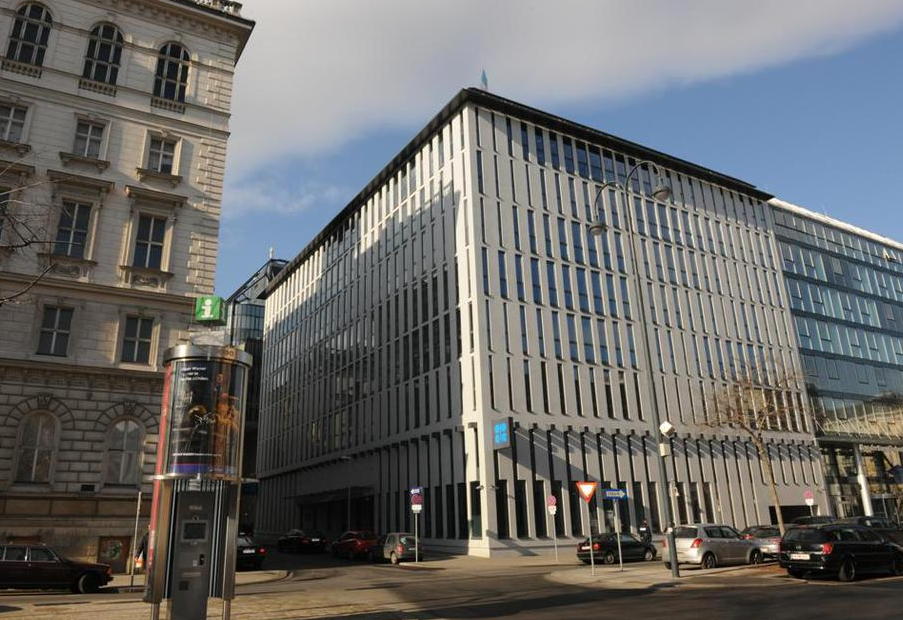
The heads of Opec member countries will meet in Vienna today in an attempt to hammer out a deal on production cuts.
An agreement is seen as vital for tackling a supply glut that has lowered crude prices dramatically in the last two years.
The cartel confounded analysts in Algiers two months ago when it announced plans to reduce production by about 700,000 barrels a day, which would mean a first drop in eight years.
But petro-economist Professor Alex Kemp said the Algiers accord would not lead to an upturn for the sector as more details had to be ironed out, including possible quotas for individual countries.
And many observers have said a pact will be difficult to achieve as the various oil nations look to protect their own interests.
BP chief Bob Dudley said earlier this month that the oil market was “pretty pessimistic” about an agreement being reached.
Iran has only recently emerged from a lengthy sanctions regime and is now able to attract Western investment.
Having been isolated for years, Tehran wants to ramp up production to make up for lost time, not lower it.
Iraq is also thought to be resisting pressure from Saudi Arabia to agree to cuts in hope of receiving an exemption.
Russia is not an Opec member, but getting Moscow to agree to a reduction is seen by many as key to securing a deal.
Mixed messages have come out of Russia, but it appears that the Kremlin is willing only to freeze output, rather than cut it.
Russian media reports yesterday suggested the country’s energy minister, Alexander Novak, would skip today’s meeting.
